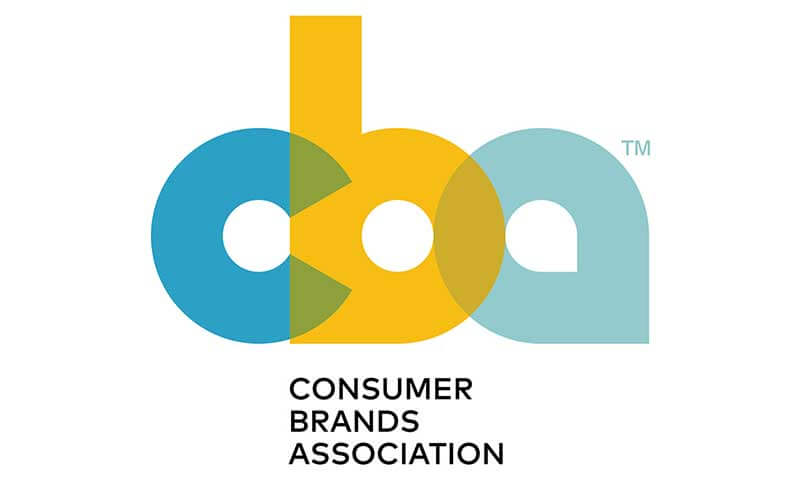The Consumer Brands Association highlighted three major trends in its CPG Outlook 2022 report that will inform the remainder of the year for the CPG industry.
- Inflation: More than a year of skyrocketing costs to make and ship products will be exacerbated by the Russian invasion of Ukraine, furthering inflation and prolonging the supply chain crisis.
- Work Revolution: COVID-19 did more than upend work temporarily. It accelerated changes that will fundamentally reshape work and bring the future into the present ahead of schedule — for every collar color.
- Sustainability: Business commitments to sustainability in concert with dire warnings on climate change and investor pressure will accelerate environmental progress — but that progress will be mired if governments conflict or misunderstand the issues.
These trends are set against a backdrop of growing unease, as hope for stabilization in 2022 has faded with new COVID variants, Russia’s invasion of Ukraine and other emerging crises.
“The pandemic resulted in a seismic shift in American life that has heavily influenced the future of the economy, workforce and how the CPG industry operates in ways that are starting to take shape,” said Geoff Freeman, CEO of Consumer Brands. “Consumers have always been the industry’s North Star and continuing to meet record demand will be balanced with revolutions to their supply chains, workforces and environmental commitments.”
The Inflation Effect
The costs to make and ship products have continued to climb for more than a year, as Russia’s invasion of Ukraine, supply chain disruptions and the ongoing pandemic created a perfect storm. Demand has stayed high throughout the pandemic and even exceeded levels not seen since March 2020’s shelf-clearing highs for the last eight months.
“The CPG industry has absorbed as many costs as it can and respects what rising prices on necessities means for family budgets,” Freeman said. “There is, however, a breaking point and price increases are now an unavoidable outcome.”
Consumer demand may slow over time, but it is likely that it will remain elevated over pre-pandemic norms. Forty percent of Americans are working from home exclusively or at least a few days a week and millions more have left the workforce, bolstering higher levels of at-home consumption.
Upending Work Models
The pandemic resulted in a permanent shift to fully remote or hybrid arrangements that have changed how and where Americans work. Fifty-nine percent of Americans want flexibility or the option to set their own hours, compared to 39 percent who said they prefer a fixed, predictable schedule, according to a March Consumer Brands-Ipsos poll. Similarly, 59 percent said they want to work remotely, while only 37 percent expressed wanting to work in a physical location.
Consumer Brands’ member exchange discussions have shown a growing need to create flexibility to recruit for the more than 120,000 openings in CPG manufacturing. Designing for flexibility in manufacturing requires greater creativity, with companies rethinking production lines and leaning into concepts like the “uberization” of manufacturing, where gig economy style jobs give employees more control over when they work.
“There isn’t a company out there that isn’t thinking about how to recruit and retain its workforce,” said Joseph Aquilina, Consumer Brands senior director and associate general counsel. “Make no mistake, this is a big jump for manufacturing that would upend long-held production models, but this is an industry that not only jumps for the consumers it serves, it asks, ‘How high?’”
Growing Sustainability Expectations
An analysis of 50 top CPG companies shows 100 percent of them have commitments to addressing climate change, improving packaging sustainability and reducing water usage. Sixty-one percent of Americans feel there’s more pressure today than in recent years for companies to meet their environmental commitments.
“A company’s success and sustainability are inextricably linked,” said John Hewitt, Consumer Brands’ VP of packaging sustainability. “But there are roadblocks to progress that require stakeholder engagement beyond what the industry can manage alone.”
America’s broken recycling system is the primary challenge to improving the recyclability and reusability of packaging material. Nearly 10,000 recycling systems have led to confusion and contamination, reducing the market for recycled material to the point that only six percent of current demand for post-consumer plastic resin can be met. Worse, without standardization, data that could be key to solving problems is inconsistent and unreliable. The Consumer Brands/Ipsos poll found that 65 percent believe that recycling rules should be the same nationwide.
To read the full report from the CBA, click here.
For more national news from The Shelby Report, click here.

